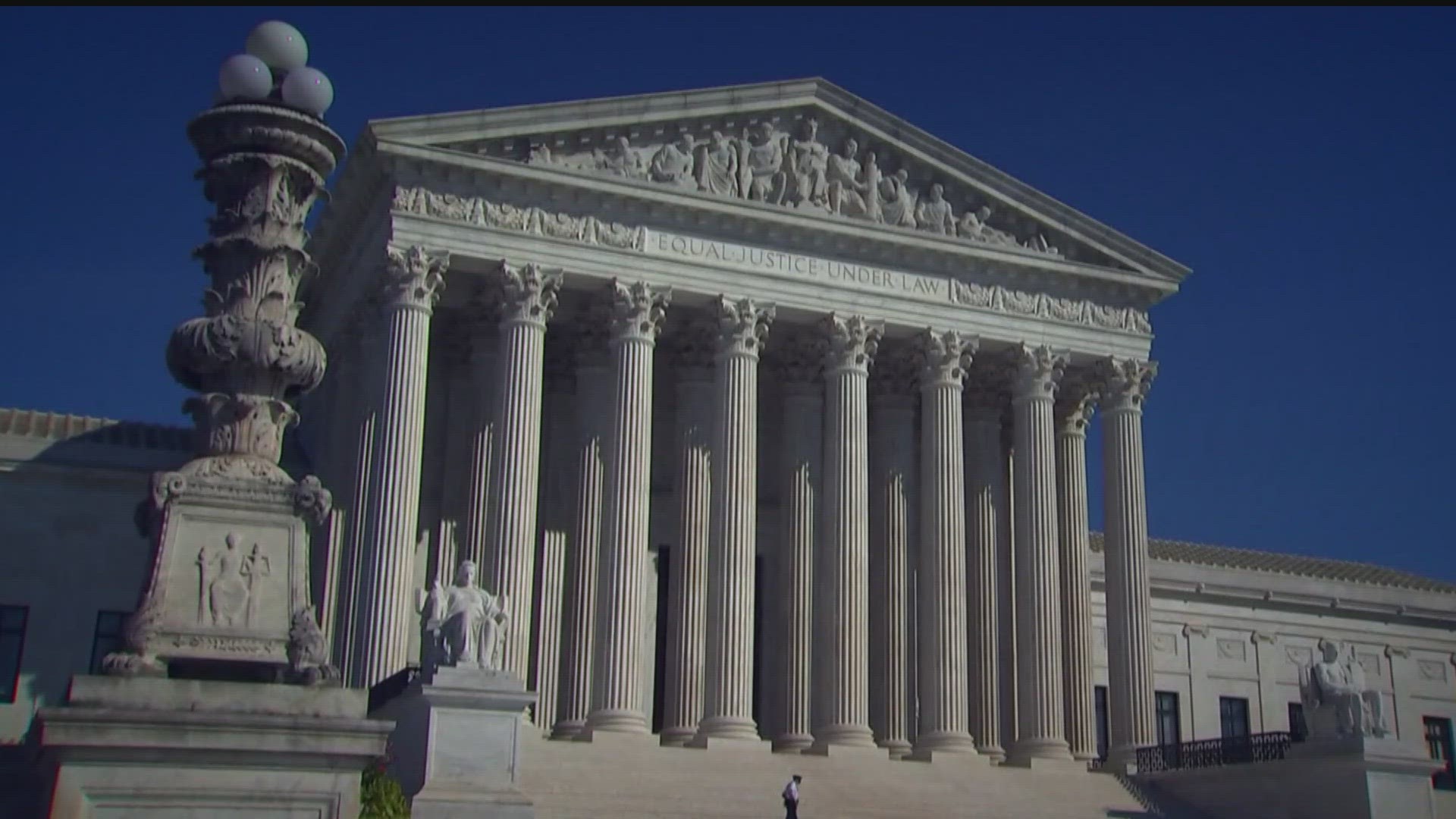MINNEAPOLIS — On Thursday, the Supreme Court ruled to strike down affirmative action in higher education. The 6-3 decision reverses policies that have been in place since the 1960s.
This isn't the first court case to challenge affirmative action in colleges and universities. In fact, 9 states have bans against race-based college admission policies: Idaho, Arizona, Florida, Nebraska, New Hampshire, Oklahoma, Washington, California, and Michigan.
Two of the largest colleges in the country filed briefs expressing support of affirmative action in this landmark case. The University of California and the University of Michigan have leaders that believe affirmative action is an important tool that helps diversify admissions.
"What we can expect is that, especially for selective and elite universities that don't accept essentially everyone, is you're going to see an immediate drop of underrepresented minorities," University of California Los Angeles professor, Jerry Kang said.
Kang said UCLA and the University of California Berkley saw an immediate impact after the California affirmative action ban took place in 1996. He added admissions of minority students dropped by nearly 50%.
The University of California President, Michael V. Drake, issued a statement Thursday saying the consideration of race wasn't the conclusive solution to inequities in college admission but it was an important pathway to addressing systemic deficiencies.
"Without it, we must work much harder to identify and address the root causes of societal inequities that hinder diverse students in pursuing and achieving a higher education," Drake said.
UC reportedly has invested nearly half a billion dollars in diversity outreach programs to attract minority students since 2004.
The year before the ban, the University of Michigan reported 7% of their enrollment were black students. By 2021, that percentage fell to 4%.
"We remain firmly convinced that racial diversity is one of the many important components of a broadly diverse student body and an intellectually and culturally rich campus community," Univerisity of M Michigan President Santa Ono and Provost Laurie McCauley said in a joint letter.
A Pew Research survey says most Americans disapprove of colleges considering race and ethnicity in admissions. The survey was published earlier this month ahead of the SCOTUS decision.
Watch more local news:
Watch the latest local news from the Twin Cities and across Minnesota in our YouTube playlist:

